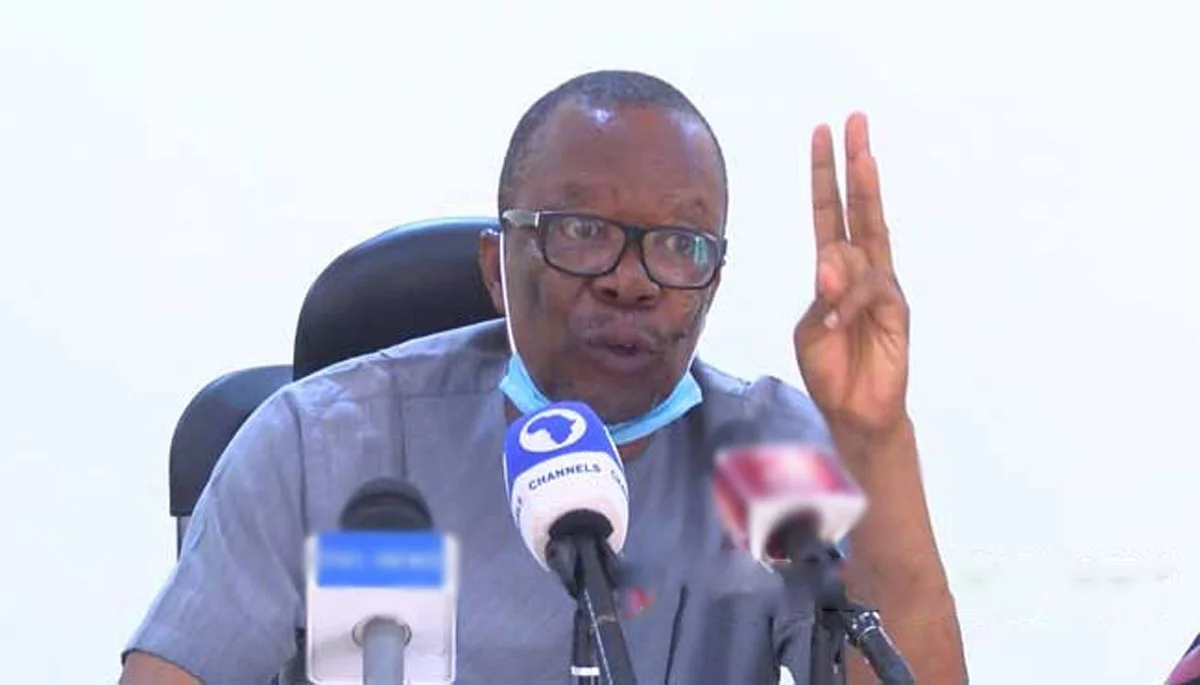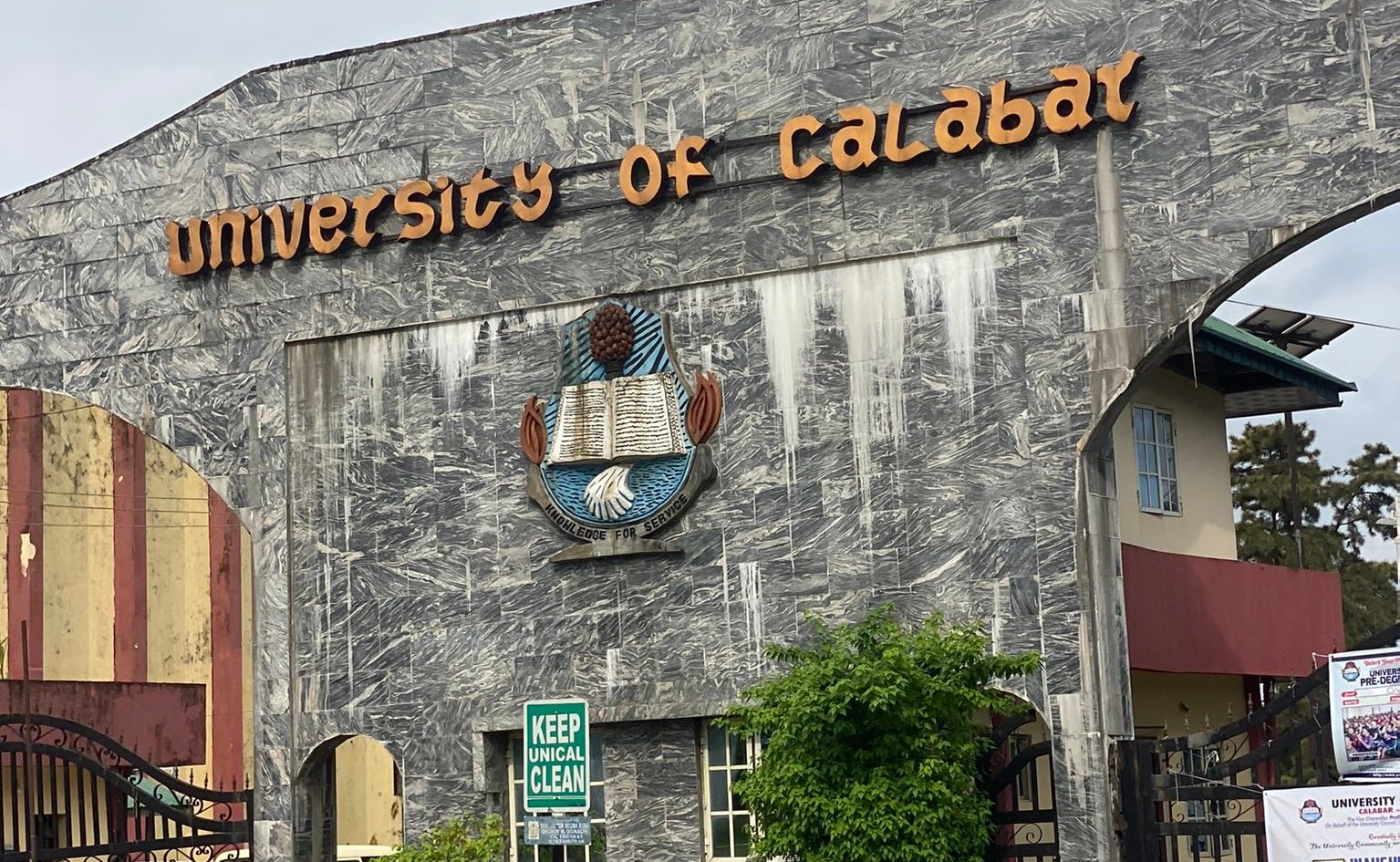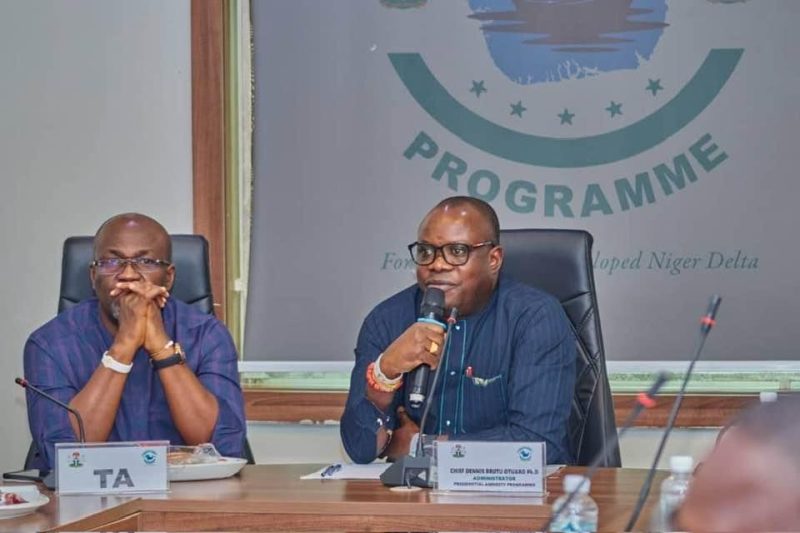We will continue to embark on strike unless… — ASUU blows hot
The Academic Staff Union of Universities ((ASUU) has vowed to continue to strike until the right thing is done in Nigeria’s tertiary institutions.
ASUU President, Prof. Emmanuel Osodeke, made this known on Wednesday as he kicked against the Tertiary Education Trust Fund (TETFund) plan to include private universities as beneficiaries of its projects.
Osodeke aired ASUU’s position at a two-day interactive session between TETFund and all unions of beneficiary institutions in Abuja.
He said the move to include private varsities in the fund’s project would lead to the proliferation of private universities devoid of quality.
He charged TETFund to work more on its project monitoring method, saying that the beneficiary institutions’ performance level needs to be in tandem as some of them receive the same amount of money.
The ASUU president also called for sanctions against non-performing institutions while advocating for the abolition of what he called the “stakeholders fund”.
His words:
“ASUU will continue to embark on strike until the right thing is done in our tertiary institutions. Stakeholders fund should be abolished.”
In his address, the Executive Secretary of TETFund, Sonny Echono, called for an urgent need for all stakeholders to unify efforts to reposition Nigeria’s tertiary institutions for the challenges of the times, especially in dealing with strike actions in the institutions.
“Studies have shown a link between poor student performance and industrial strikes by unions. The arguments generally are that the quality of teaching and learning will significantly improve when teaching and learning are uninterrupted.
“Furthermore, building world-class institutions requires a consistent and regular academic calendar, and this is often affected by industrial strikes.
Also Read: ASUU Rejects FG’s New Funding Plan for Public Universities
“However, a closer look will also show that many industrial strikes by the unions were for the improvement in teaching and learning conditions for both staff and students.
“It is for these reasons that sessions like this are organised to deliberate and find common grounds on issues of mutual interest and benefits,” he said.













